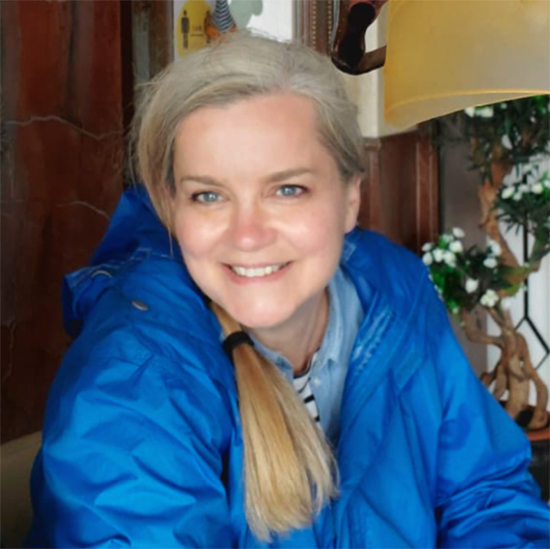The best time on the beach is right now – right after a storm has just passed. Sure, being on the beach during the warmer days is great – albeit a little crowded for my beach-going preference – but that’s almost a given, maybe even cliche. But right after a storm has passed through is my favourite time to be on the beach, especially if the storm was really strong!
First, after a storm the beach has very few people on it. When the days are cooler and the tourist season is over, that’s when the beach is almost always empty. Perhaps the residents of Noordwijk are so used to going to the beach in rain, wind or shine that they can pass up a few stormier days and wait for better weather. Or maybe some of them just don’t like rainy, windy weather. Whatever the reason, the beach is usually close to empty, which means that the beach is all yours.
It’s amazing to walk up and down the beach while the wind is still blowing hard and the waves are crashing. The roars from the waves are endless and seem to cascade over themselves. The wind continues to push the waves up onto the shore just like it did millions of years ago, when the North American and European continents broke apart from each other. When there are very few people on the beach, it’s easy to begin to wonder how the Dutch coast with its protective dunes formed thousands of years ago.
I’ve written before about the Dutch coast and the respect and reverence I had for it back then has only been magnified after two-plus years of having lived here. Throw in a pandemic where I spent many days and weeks walking up and down the coast thinking and wondering – in both good and bad weather – and I’ve come to really love the beach and the sea here on the Dutch coast, to the point where I can’t see myself living away from the coast.
I love that the beach offers people much-needed time off and serves as a vacation spot, especially during the pandemic when for a long time we were permitted to travel only in our own countries. And yes, when people visit there’s always some trash left behind, some dog poop on the seaside pedestrian walkways and other evidence of large groups of vacationers. And yes, all of this can be annoying. But these mild annoyances are not the primary reason why I like the beach when it’s less crowded.
During the off season, when the infamous Dutch weather is amplified along the coast, combined with the school year beckoning families to return back home, the beach is still there. The waves are still crashing onto the coast. The tide continues to ebb and flow. The sandbars and ripe tides continue to shift and move in unpredictable ways. The sand dune changes formation as the winds dictate. And – especially if a storm has just passed – all of it to the orchestra of the sounds of the waves as they crest and tumble off themselves, echoing up and down the coast. It’s an amazing experience, especially if you take a long hike.
In one of the most densely populated countries on the planet, in one of most popular areas of the world to live, you are right here with nature in its rawest and purest forms. If you walk along the beach, close to the waterline, your feet sometimes sink into the sand a few millimeters. This is when you really feel like you’re attached to nature. You are standing on the edge of nature – where the sand meets the seas meets the sky and is swirled together by the storm that just passed. If it’s not too rainy or foggy, you can see patches of rain clouds as they pass along the coast. You can sometimes see actual storm cells pass by, over and along the coast.
The coast is dozens of kilometers long, so if you’re standing on right on the water line and look up and down the coast, then up and around, you’ll realize that most of what you see is nature. And if you walk further, away from the hotels, you feel as far away from ‘it all’ as you can possibly be. It’s pretty cool. I highly recommend visiting the beach after a storm has passed! Just check live feeds from the nearest beach and check the weather radar!
Written by Marla Thomson
